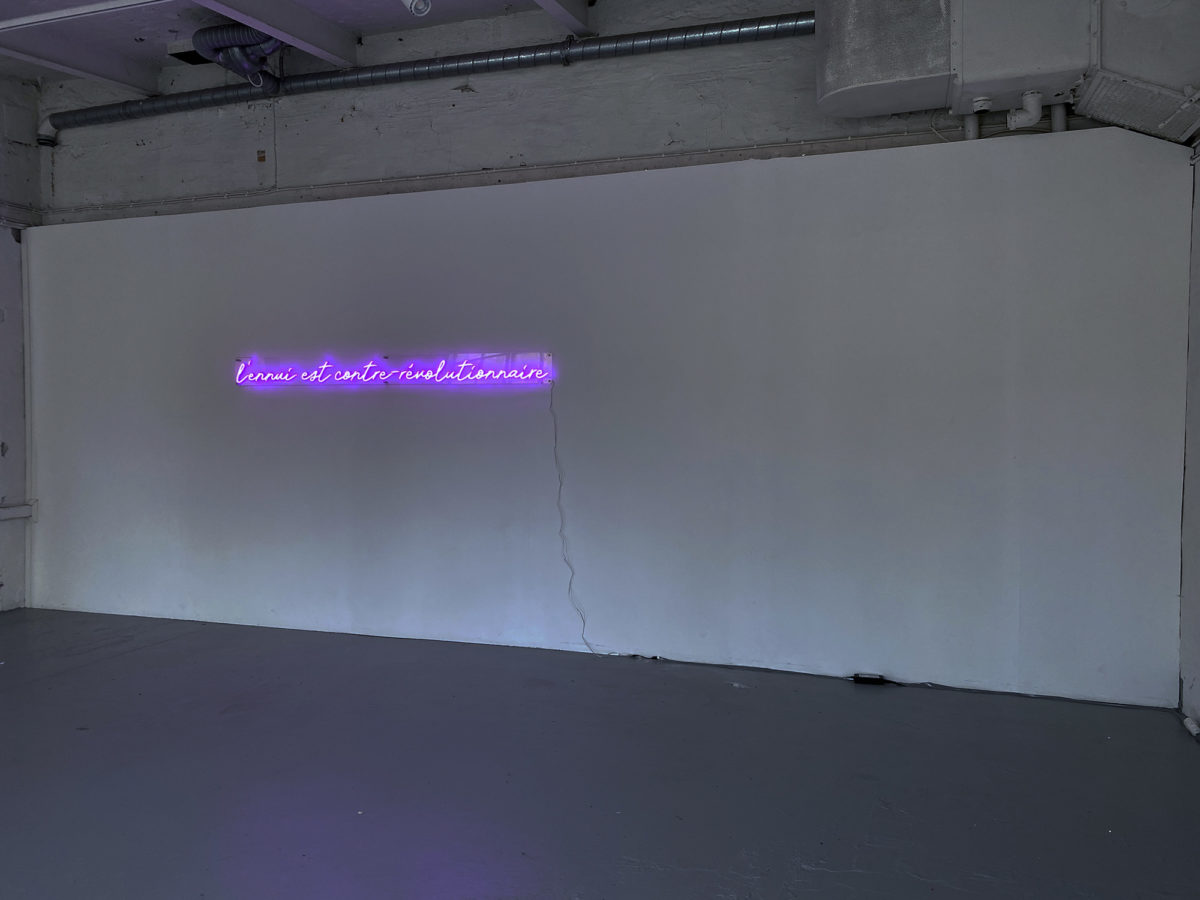
The first sentence of “Swann’s Way,” the opening volume of Marcel Proust’s monumental work “In Search of Lost Time,” is as follows:
“For a long time, I went to bed early.”
This deceptively simple sentence sets the stage for the introspective and reflective nature of Proust’s narrative. It immediately conveys a sense of routine and habit, suggesting a repetitive and perhaps uneventful existence. The act of going to bed early is associated with solitude, silence, and introspection, creating an atmosphere of stillness and contemplation.
The phrase “For a long time” hints at a duration and a history, indicating that the narrator has been following this pattern for an extended period. It suggests a certain level of consistency and the establishment of a ritual, which can be seen as both a comfort and a limitation.
Proust’s choice of this sentence as the opening line also reflects his exploration of memory and the passage of time. Going to bed early is a mundane, everyday activity, but Proust elevates it to the status of the opening statement of a significant literary work. This juxtaposition highlights his interest in the significance of seemingly ordinary moments and how they can evoke profound memories and emotions.
In essence, this first sentence captures the essence of Proust’s narrative style, emphasizing the themes of introspection, routine, and the potential for profound revelations hidden within the seemingly unremarkable aspects of life. It invites readers into a world of memory, reflection, and the exploration of the human experience.


